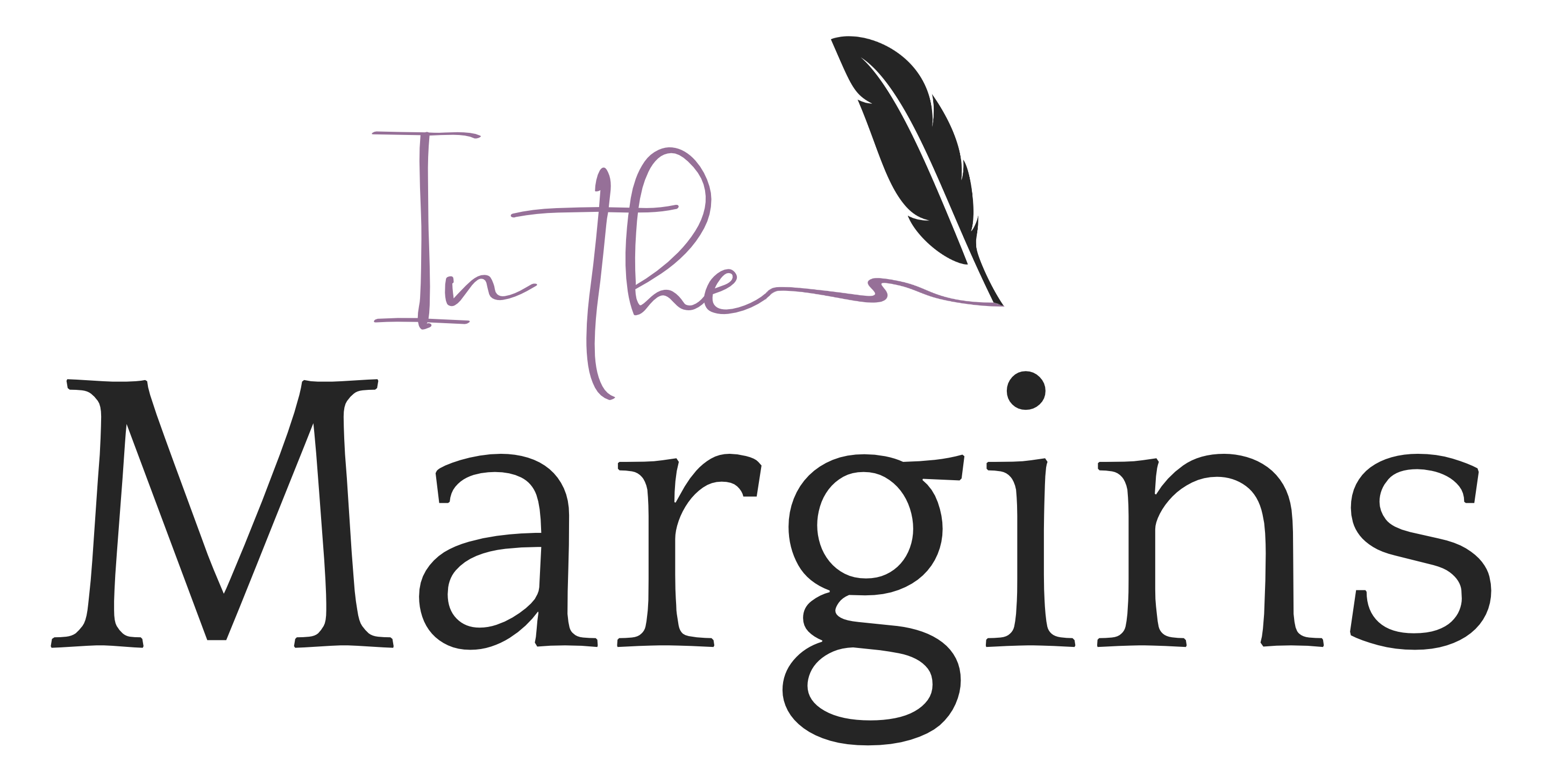
by Kayleigh | Nov 10, 2023 | Editing Tips, Writing Tips
Murray’s quote is one that’s commonly referenced (sometimes stated as “writing is revising” or some other variation). However you’ve heard them said, these are three simple words of hard truth. While everyone has their own process, the... 
by Kayleigh | Nov 3, 2023 | Editing Tips, Writing Tips
When transitioning from your drafting phase to revision, it can be useful to approach your changes from the biggest level of edits (plot holes, character development, etc.) first and work your way down to the smallest edits, like grammar and punctuation. In other... 
by Kayleigh | Oct 13, 2023 | Writing Tips
It’s Friday the 13th, so let’s talk superstitions! For the fantasy, horror, and other speculative writers out there, creating superstitions is a great way to dig into and expand your world-building. Superstitions, after all, tend to be deeply rooted into... 
by Kayleigh | Sep 15, 2023 | Writing Tips
Unreliable narration is a literary device that can create a deeper sense of suspense or mystery, engaging your reader on a fresh level. An unreliable narrator can also be a lot of fun to write. What is an Unreliable Narrator? An unreliable narrator is one who is... 
by Kayleigh | Aug 18, 2023 | Writing Tips
You’ve likely heard the advice that you shouldn’t write as you speak. When we talk, our sentences are often clipped, full of pauses or ums and ahs, and depending on how quickly our mind is moving, those sentences may go off in a variety of directions... 
by Kayleigh | Jul 21, 2023 | Writing Tips
Don’t be afraid to get rough with your characters, even if—no, especially if—you love them. If you make their path too easy, your novel will suffer. Why? Because characters who are perfect, or who effortlessly overcome those plot twists, are boring. It’s a common slip...






